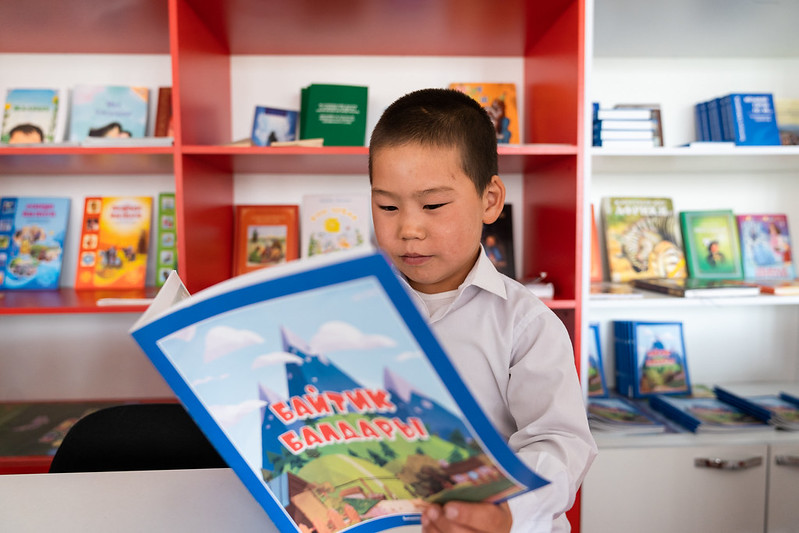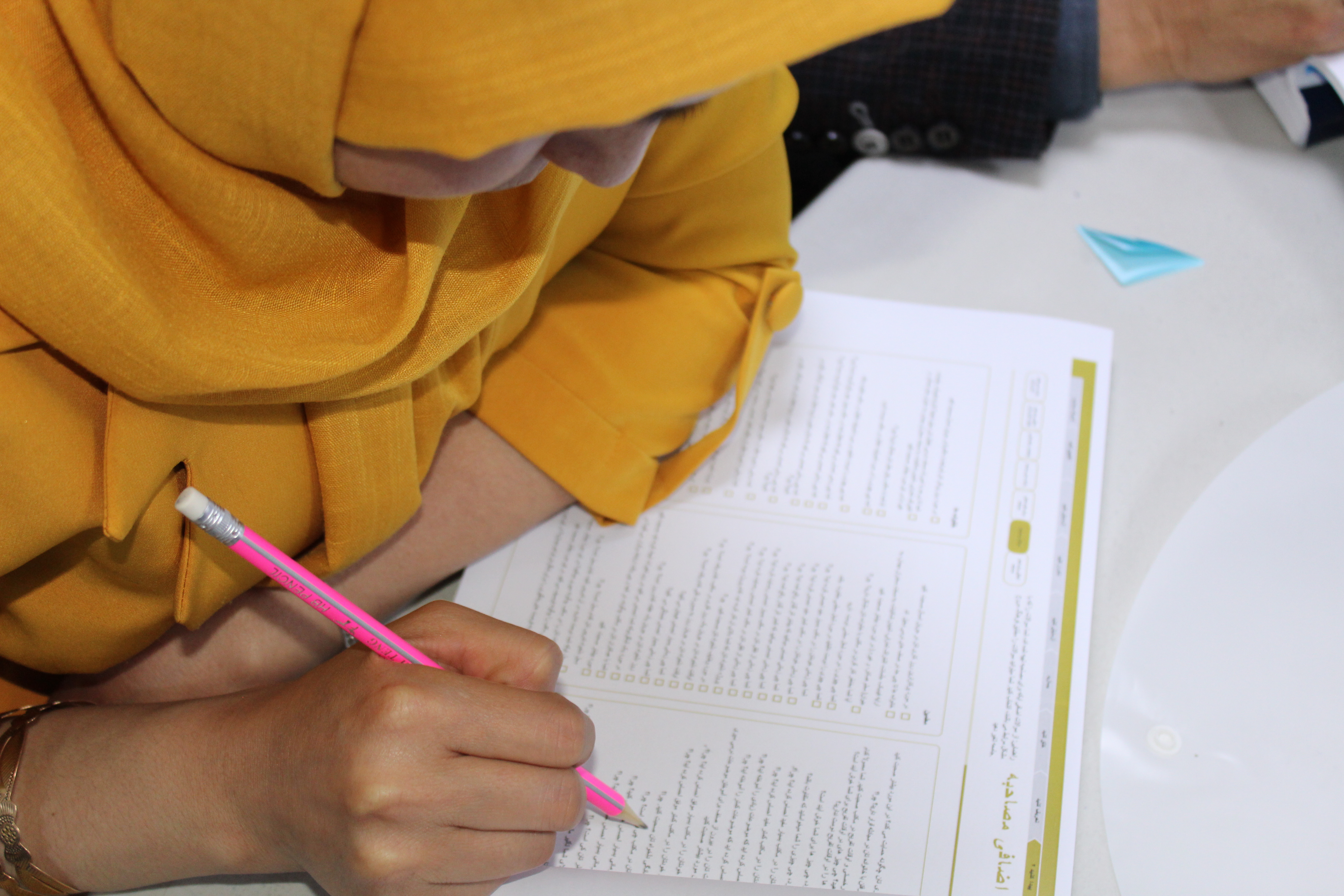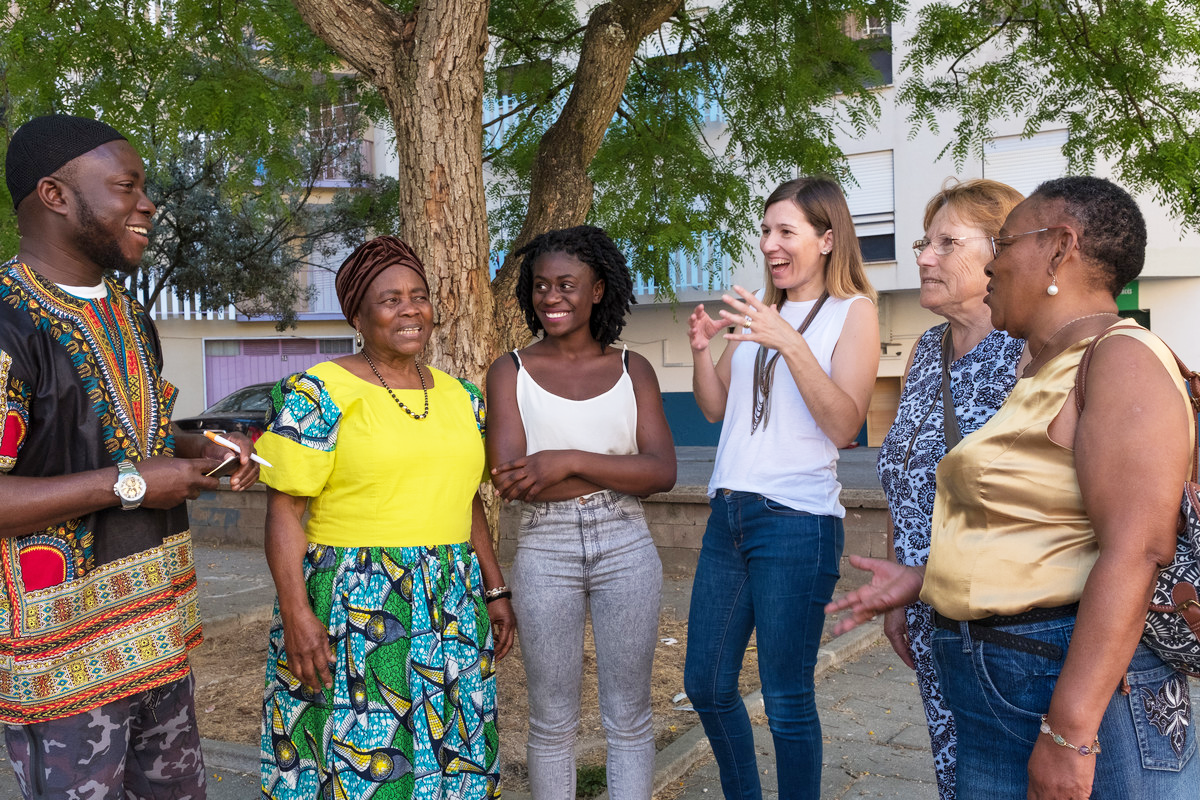эмпатия
خواخوږي
همدلی
empatia
समानुभूति
huruma
якдилӣ
ہمدردی
empathy*
This is how you say ‘empathy’ in all of the official languages of the countries Schools2030 operates in. It’s one of the most frequently selected learning domains across Schools2030 countries. International Mother Language Day (IMLD) prompts us to appreciate the role language plays in enabling us to understand and empathise with each other. Indeed, one of the most widely shared quotes on IMLD is attributed to Nelson Mandela:
“If you talk to a man in a language he understands, that goes to his head. If you talk to him in his language, that goes to his heart.”
What many who share this quote don’t realise is that it was during his time imprisoned that Nelson Mandela learned Afrikaans so he could communicate with the prison wardens guarding his cell. He knew that speaking to them in their mother language would have more of a profound impact in gaining their trust. Seen in this way, language is not only a key vehicle to create and communicate meaning, but also to build connection on a human level amongst ourselves. While this connection was borne out of a somewhat desperate situation, the sense of shared purpose coming through our ability to connect via a shared language plays out every day in the life of Schools2030, with ten teams and multiple partners across the globe connecting and working together on a daily basis. To give just one example, in a recent meeting with a group of Schools2030 research partners I realised there were over ten languages spoken by the group, and this was just one of the research teams! So, having a shared language can be something that unites us and facilitates a shared understanding.

That said, when we place value on language diversity and celebrate that the world comprises speakers of many different languages, we encourage a mentality where everyone is included. Appreciating the nuances and perspectives that different languages bring shows us that no single language or knowledge system holds a universal truth – for example, ‘empathy’ may mean something slightly different in English, in Tajik, in Urdu and in Swahili. This is precisely why contextualisation is absolutely core to our approach of co-creating and learning together – as programme funders, programme implementers, teachers, researchers, assessment and technical partners.
Beyond those languages granted official status in the countries where Schools2030 operates, there may well be up to or even over 1000 languages spoken across all ten geographies. With such linguistic diversity this inevitably presents challenges to designing and providing education that is accessible to speakers of all languages. UNESCO estimates that 40 per cent of the global population does not have access to an education in a language they speak or understand. As implied in our name, we are committed to the aim of meeting SDG4 by 2030, to ‘ensure inclusive and equitable quality education and promote lifelong learning opportunities for all’. This ‘all’ includes all children irrespective of their age, sex, ability, nationality, class, faith or language. With the Aga Khan Foundation’s long history of promoting pluralism, we recognise the immense value and indeed necessity to listen to and include all.

Our core programme ethos to focus on a contextualised approach drives us in our aim to ensure materials and resources that are part of the Schools2030 programme are accessible in the recognised languages of each country. This runs true from our programme materials such as the human-centred design toolkit which has been contextualised and translated for relevance across our ten geographies, to assessment tools used in Schools2030 such as the IDELA, which has recently been translated into Russian to be used for the first time in Central Asia, to the methods of sharing and disseminating solutions and learnings coming out of the programme for example via the Faved portal, and through outputs from technical and research partners.
International Mother Language Day stands as an important reminder for those involved in education seeking to improve outcomes for all students by influencing systems change, to remember that languages can advance inclusion, and the SDG’s focus on leaving no one behind.
*Languages are listed as follows: Kyrgyz and Russian, Pashto, Dari, Portuguese, Hindi and Maithili, Kiswahili, Tajik, Urdu, English
